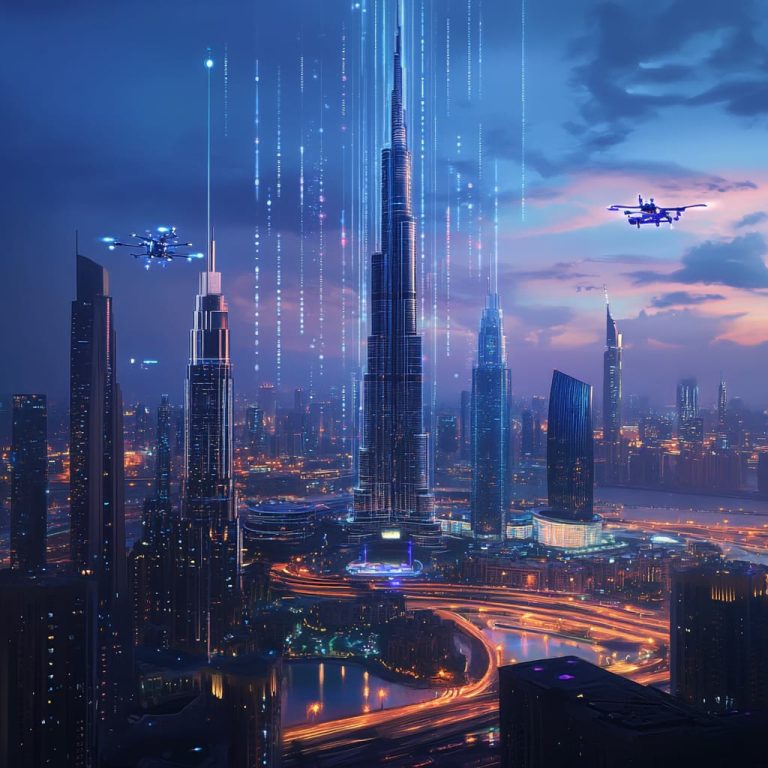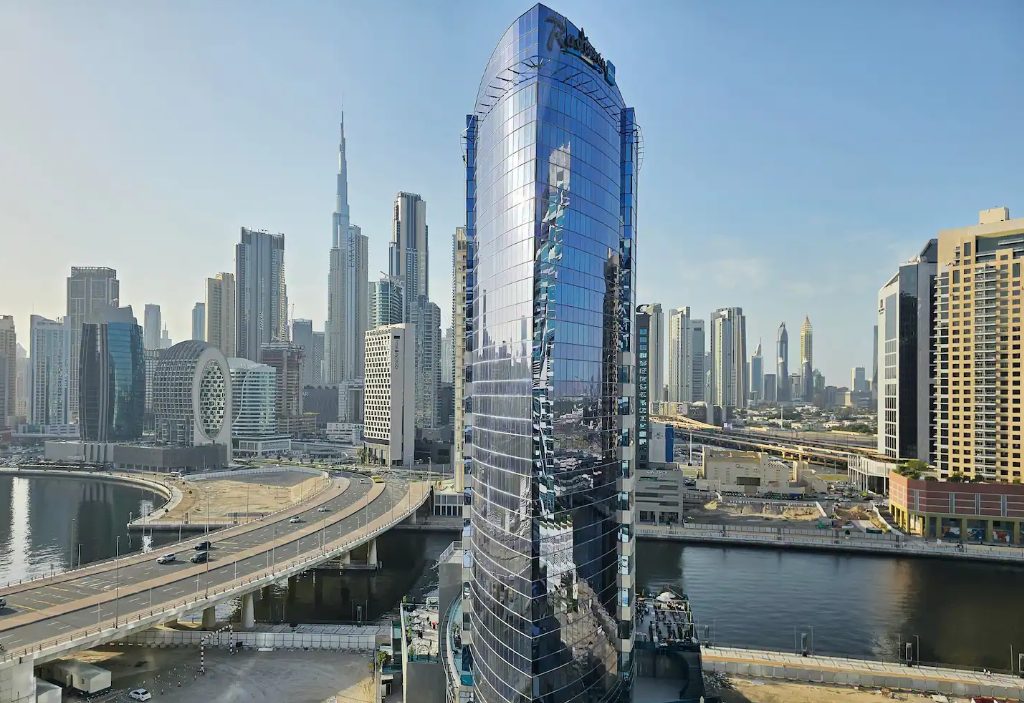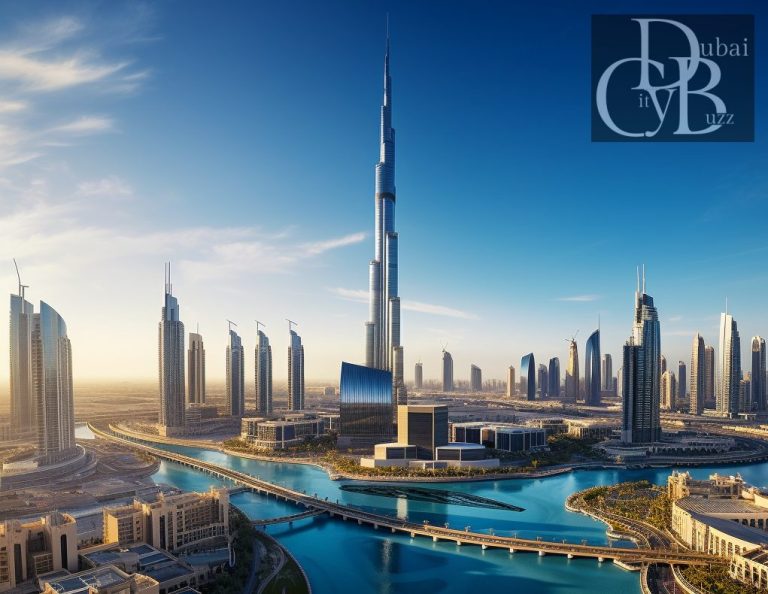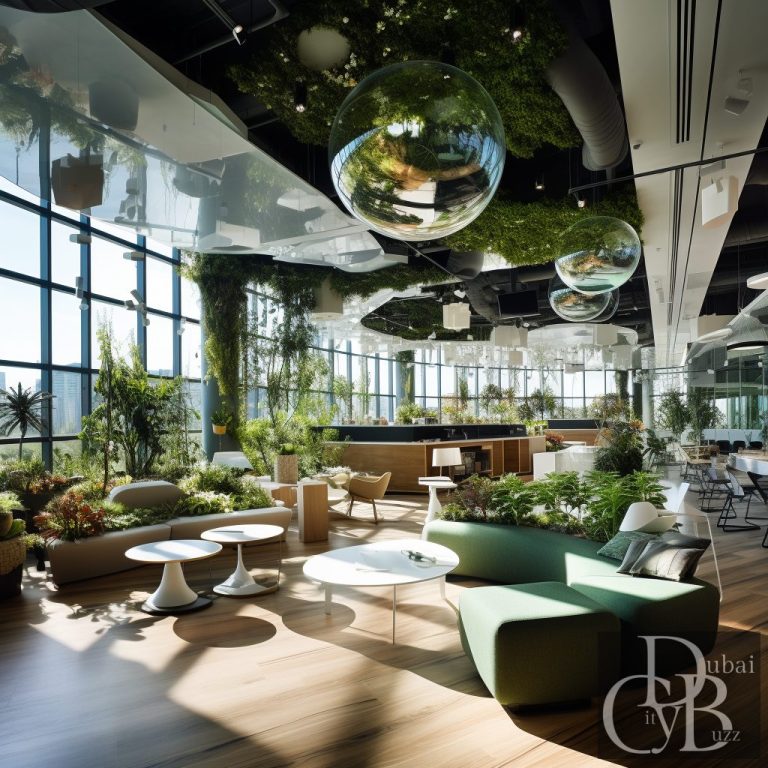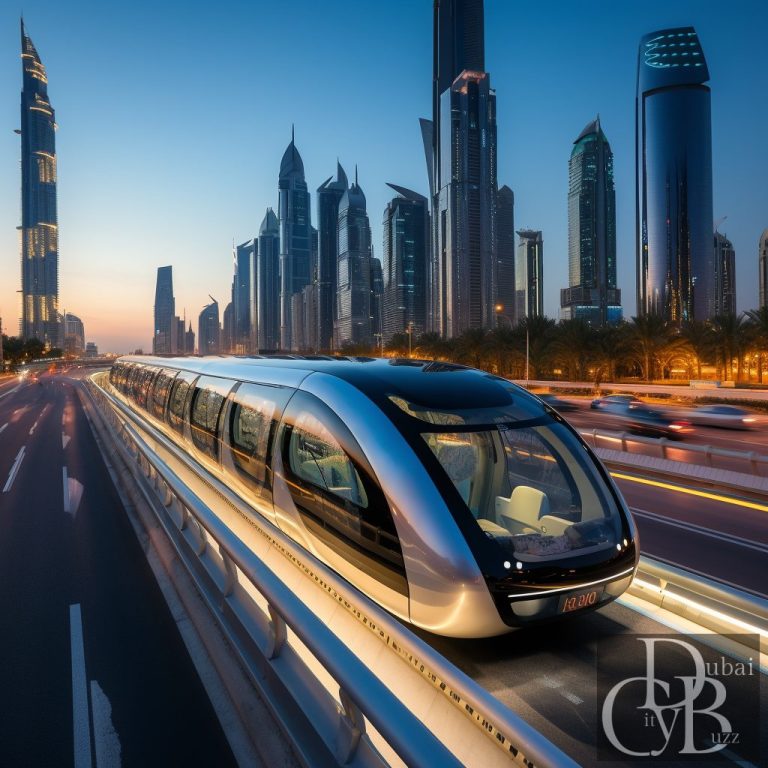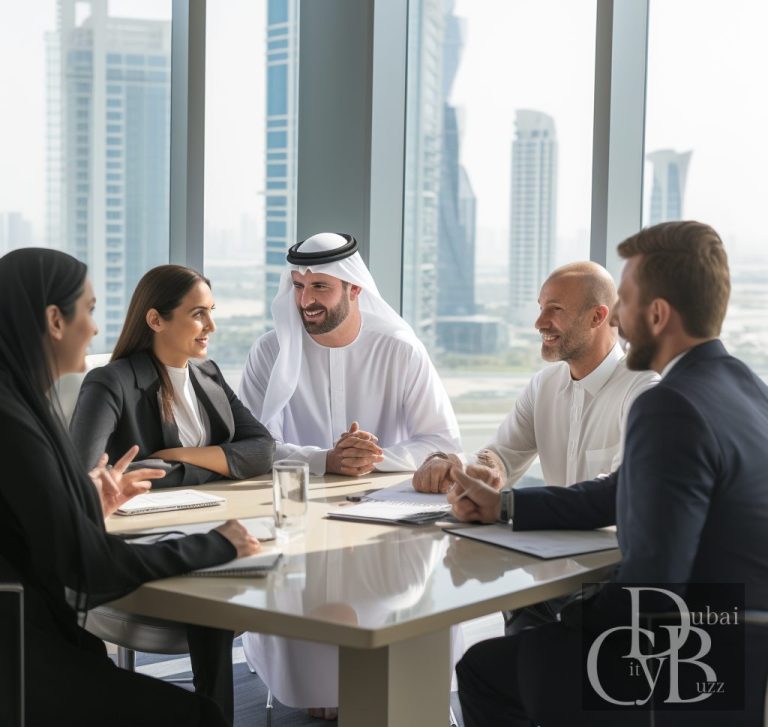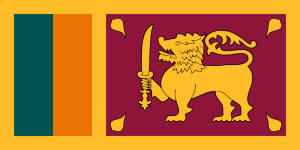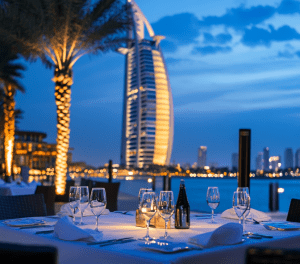Dubai has set itself on a progressive path to becoming one of the world’s...
The Burj Khalifa in Dubai, standing at a staggering 828 meters (2,717 feet), is...
Dubai, known for its luxury lifestyle and stunning architecture, is rapidly becoming a hotspot...
In recent years, the global conversation around sustainability has gained significant momentum, and Dubai,...
Dubai, renowned for its futuristic skyscrapers, luxurious lifestyle, and booming economy, is also home...
Providing a 1-year eviction notice to a tenant in Dubai is a formal process...
Dubai, a city synonymous with opulence and modernity, has become a global hub for...
Dubai, a city known for its towering skyscrapers, luxurious lifestyle, and thriving business environment,...
Dubai, the glittering jewel of the United Arab Emirates, is no stranger to ambitious...
Dubai, the glimmering gem of the United Arab Emirates, has long captivated both investors...
